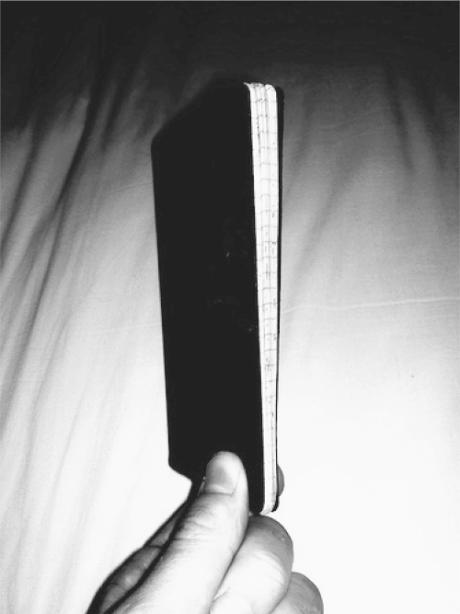Friday, September 4: Bandersnatches
CRIMINALLY BRIEF
by Steve Steinbock
It’s an odd paradox that the postings on a blog devoted to short fiction are so long.
The weblog columns of those of us here at Criminal Brief tend to be on the longish side as far as weblogs go. That’s no crime. Columns and feature stories in print magazines run the gamut from five-hundred words on up to several thousand, depending on the venue. Most of the round-robin style author blogs (Murderati, Killzone, etc.) tend to have long (500 to 800 word) blog posts. We’re writers, after all. We like to write.
On the other hand, take a look at Bill Crider’s Pop Culture Magazine, where the posts are mercifully short. I don’t think I’ve ever seen Bill go over a hundred words, and a recent post of his ran four words (and one hyperlink) in length.
In that spirit, I’ll keep this short.

I get nostalgic for the days of the 200 page novel. In the 1950s, 1960s, and even into the 1970s, publishers weren’t afraid to put out paperback originals with page counts in the 150 page range. Heck, I’ve got an old Rex Stout novel in my hands right now (A Right to Die, Bantam Books, 7th printing, July 1977) that runs 136 pages. Westlake’s “Parker” novels and McBain’s “87th Precinct” novels rarely went over 200 pages. Today, when these books get reprinted, the publishers enlarge the print size in order to make the books appear longer. (My copy of Westlake’s The Outfit runs 159 pages, while the latest reprint is 224 pages).
I’m not afraid of long books. Moby Dick is one of my favorite books, and I dare anybody to find a wasted word in any book by Dickens or Dostoyevsky. At the same time, length for length’s sake is plain goofy. Bloating is as bloating does, or something like that. Find me a science fiction or fantasy tome, or a Stephen King novel published in the past twenty years that wouldn’t have been better with thirty-percent of the fat trimmed off, and I’ll eat my shorts.
See you in seven, when I’ll be back at you through the looking glass, and I’ll try to be short and pithy. But no promises.




















Steve, I couldn’t agree more. There’s too much padding going on in some books. A story should be like a river — as long as it needs to be. No longer, no shorter.
It’s because I’m lazy.
I’m not sure just when mystery novels started getting longer, but I think publishers are partly to blame. Remember what happened to Donald Hamilton’s Matt Helm novels? Hamilton stopped writing them for a few years, and when he started again, they were half again as long as the earlier books. But they weren’t half again as good.
Amen!
I’ve been a big fan of Reginald Hill’s Dalzeil and Pascoe series, but the latest one ran a good 100 pages after the story ended. I doubt that Hill would have preferred it be that way. It seems to defy logic in an era of shorter attention spans.
You might get a kick out of the Crime Express series. The longest book they list is 176 pages, and the shortest is 70. Right now I’m trying to decide whether to start with the Banks, the Block, or the Guthrie.
Just a thought:
Back in the day (50s-60s) paperback books employed smaller type than they do today. When Bantam began reissuing the Nero Wolfes a while back, I noticed that they seemed larger than they did originally. Comparing the new editions with the old, I found that the page counts jumped by about a third. The type was larger, and there was more white space on the pages. My aging eyes are grateful, of course, but the new books just seem to be thicker than the closely printed old ones. Since then I’ve noticed how large the print is getting on all books, and I wonder how they’d look – how large they’d look – if they were set and printed in the 60s style. One thing I’m certain of: they’d be a helluva lot harder fo my soon-to-be 59 year-old eyes to read.
That’s just my theory… what do you think?
Amen to your comments, Steve. This emphasis on size has been building for years. I remember quite a while ago Otto Penzler doing an auction at a Bouchercon and cracking that the Robert B. Parker in his hand was not as it appeared the large-print edition.
Steve the reason we Briefers write long is that we only do one entry every seven days. That means we have to cram a week’s worth of wisdom (or in my case, blather) into one entry.
Think of it as compression, not length.
Hmmmmm…maybe this is why I don’t read that many novels anymore!